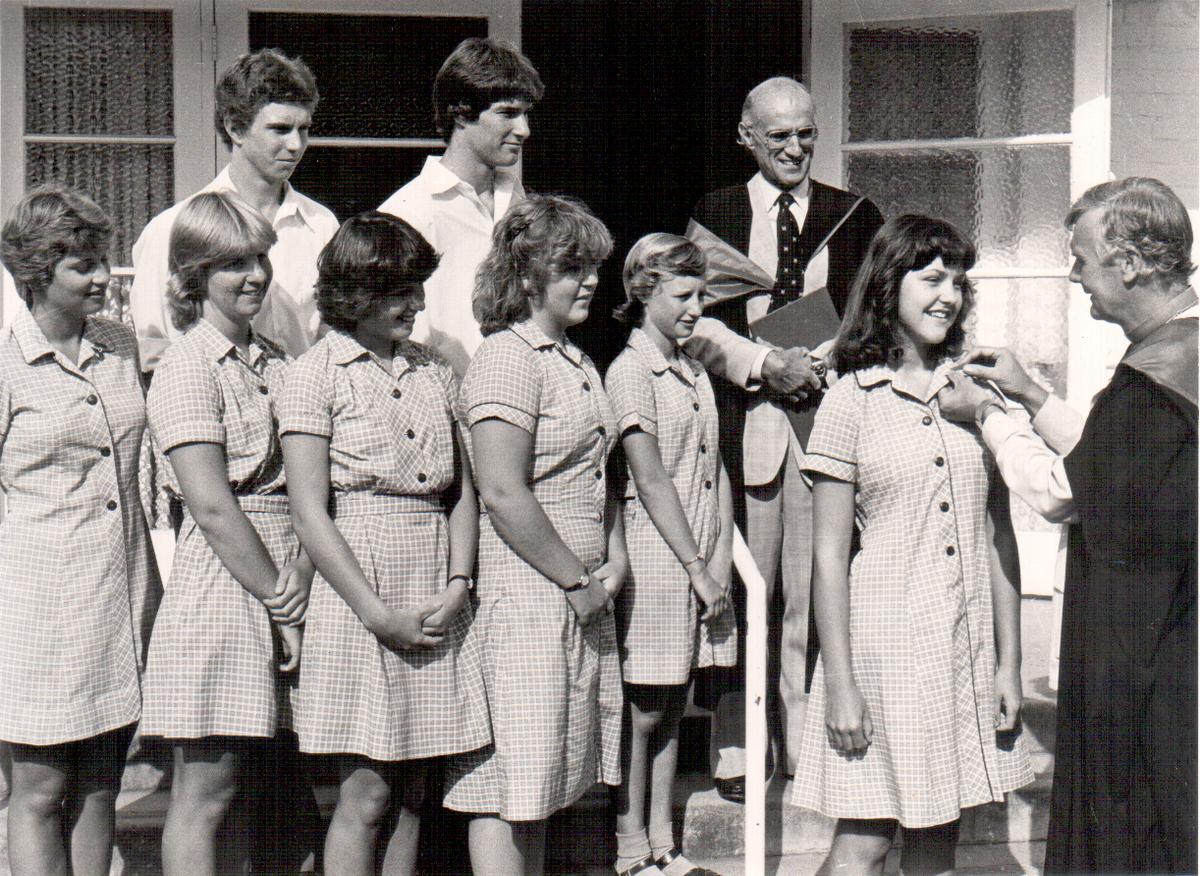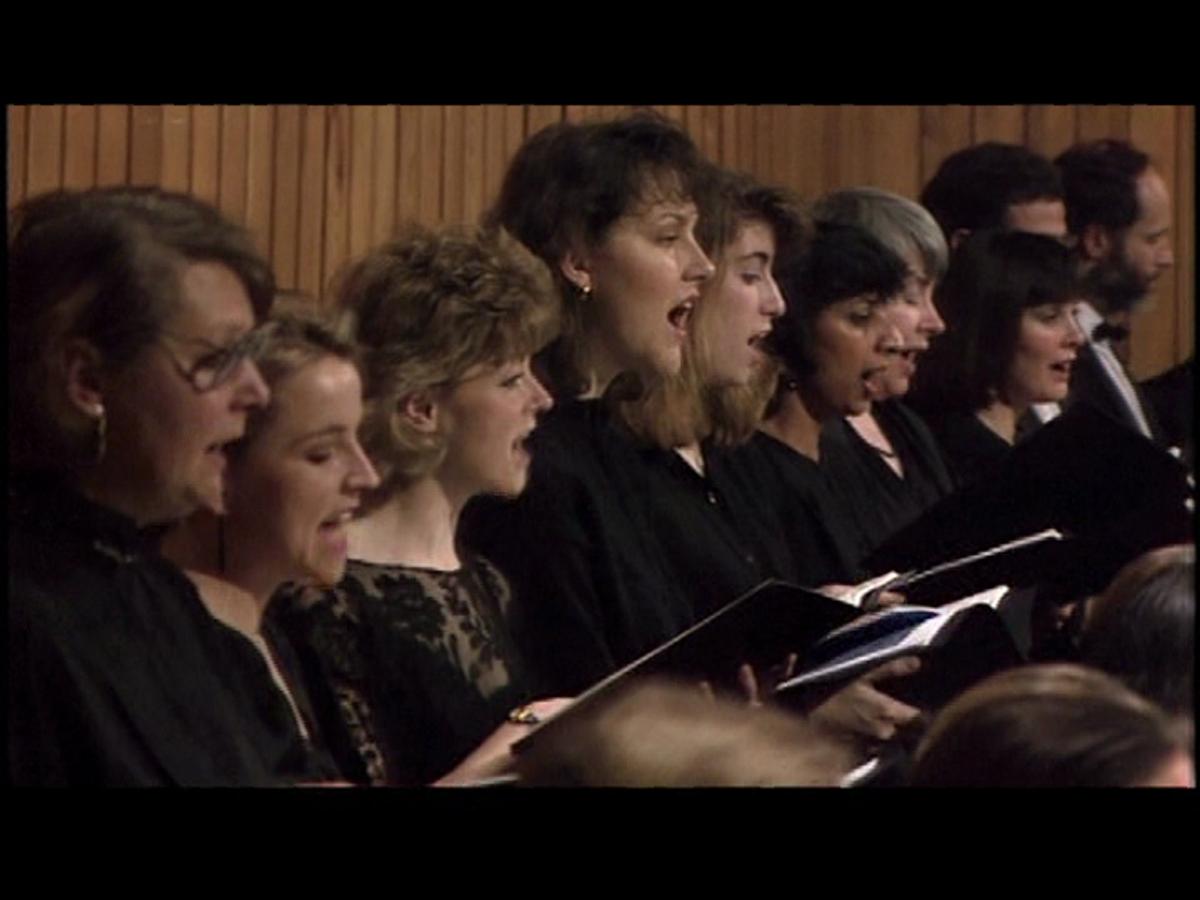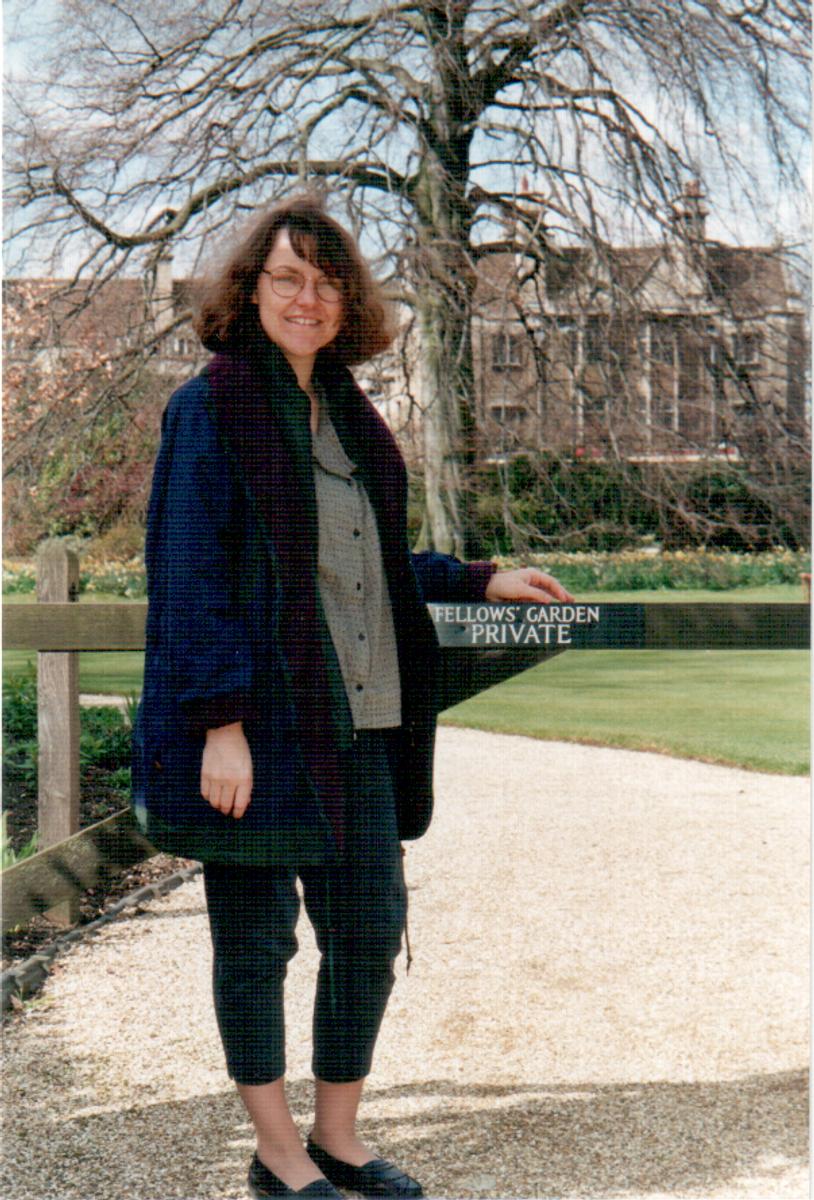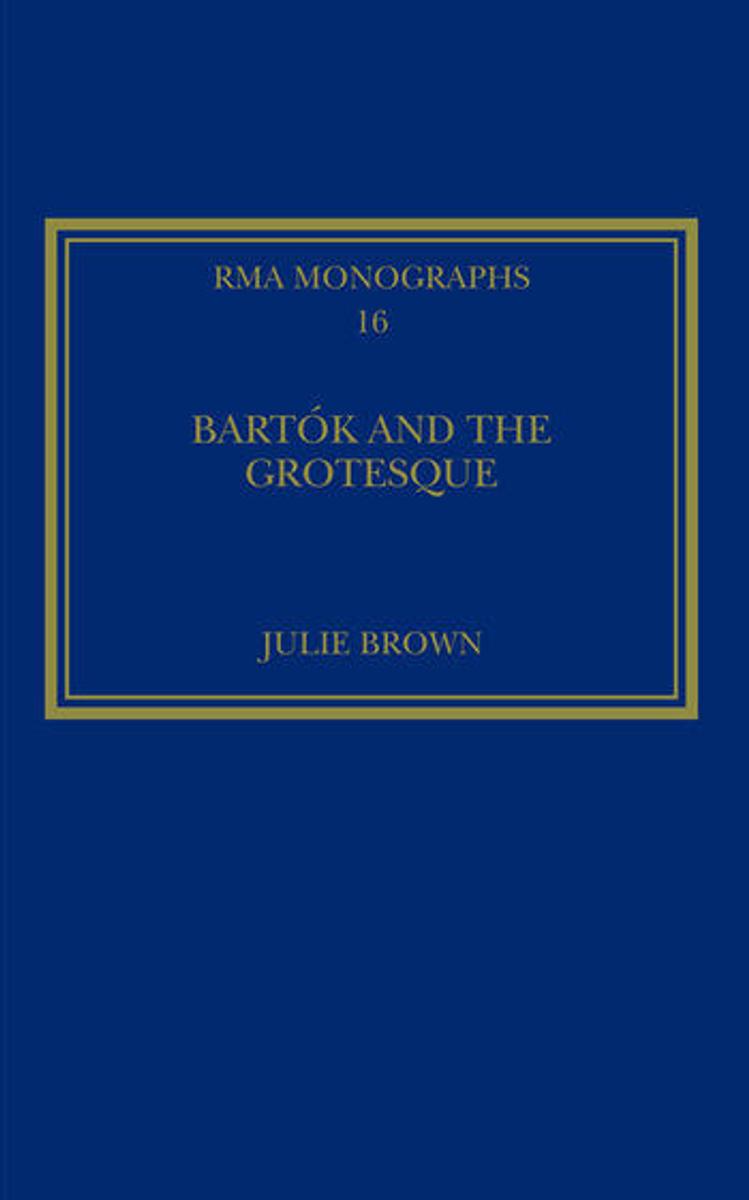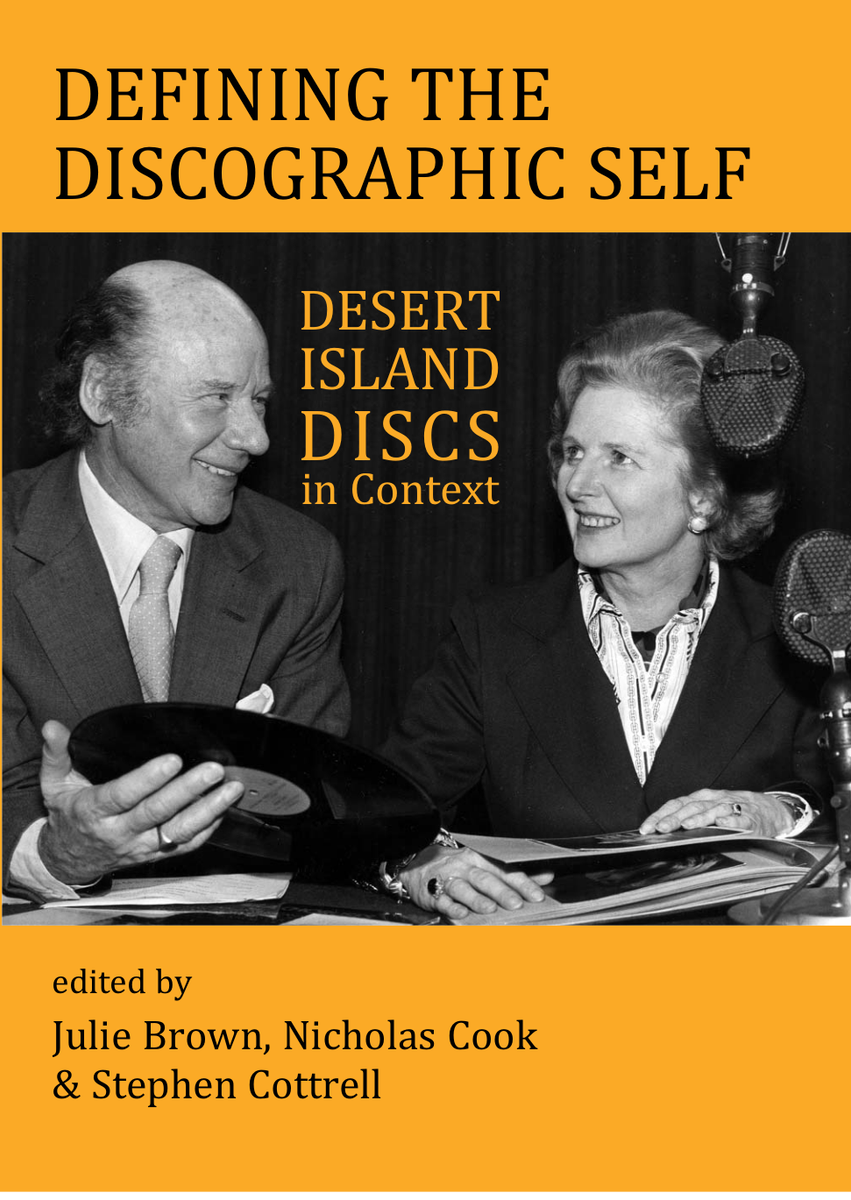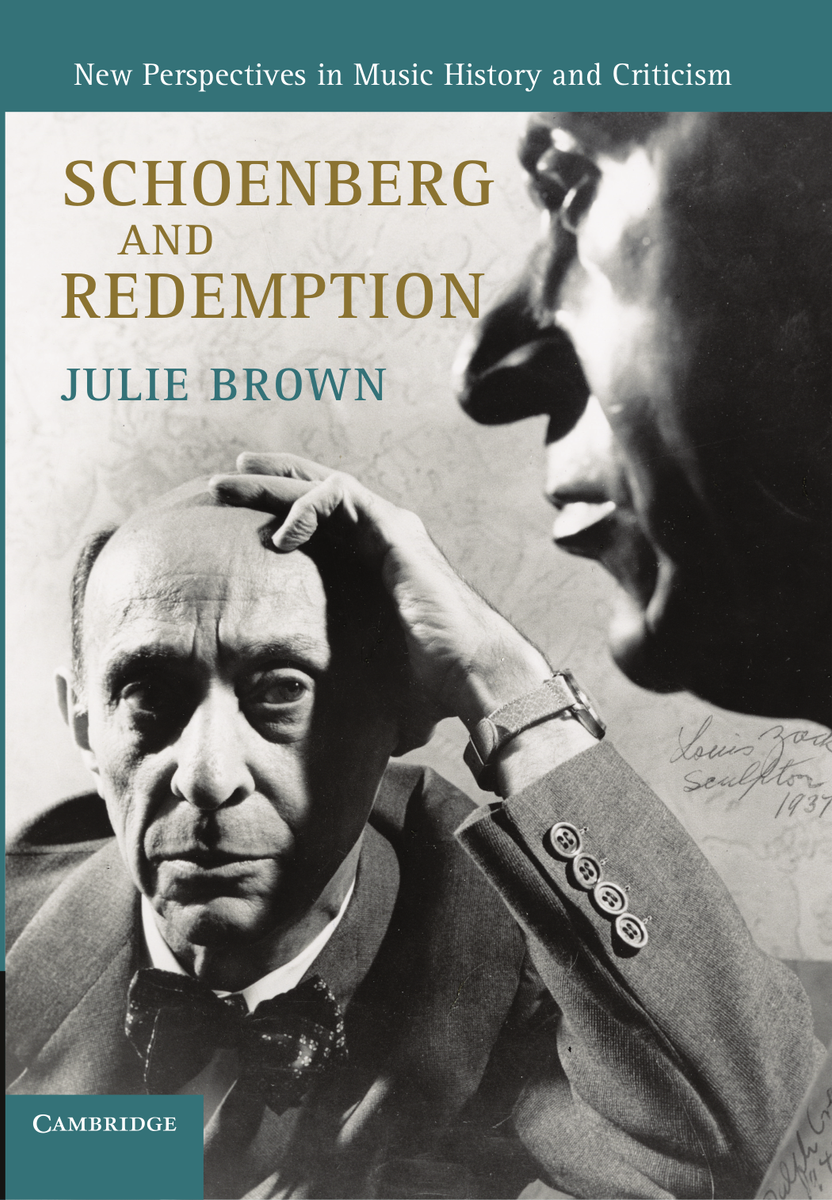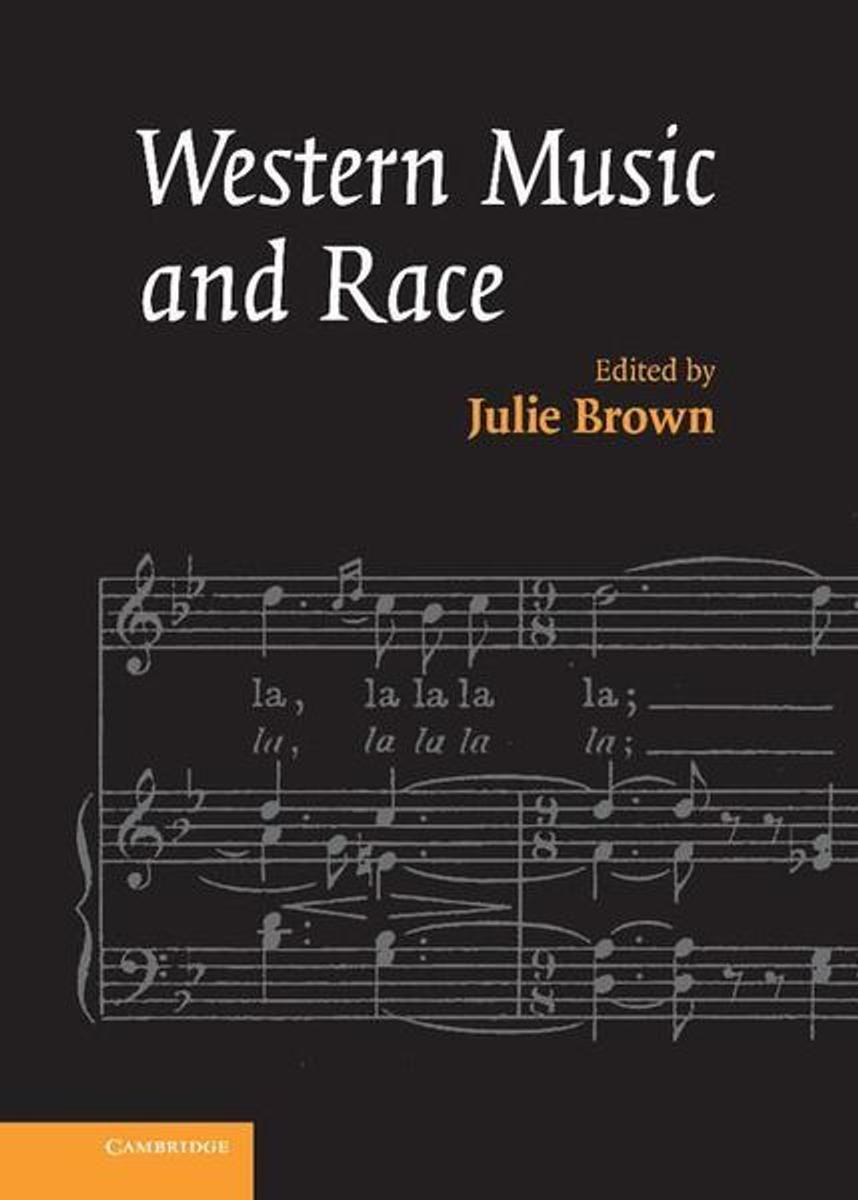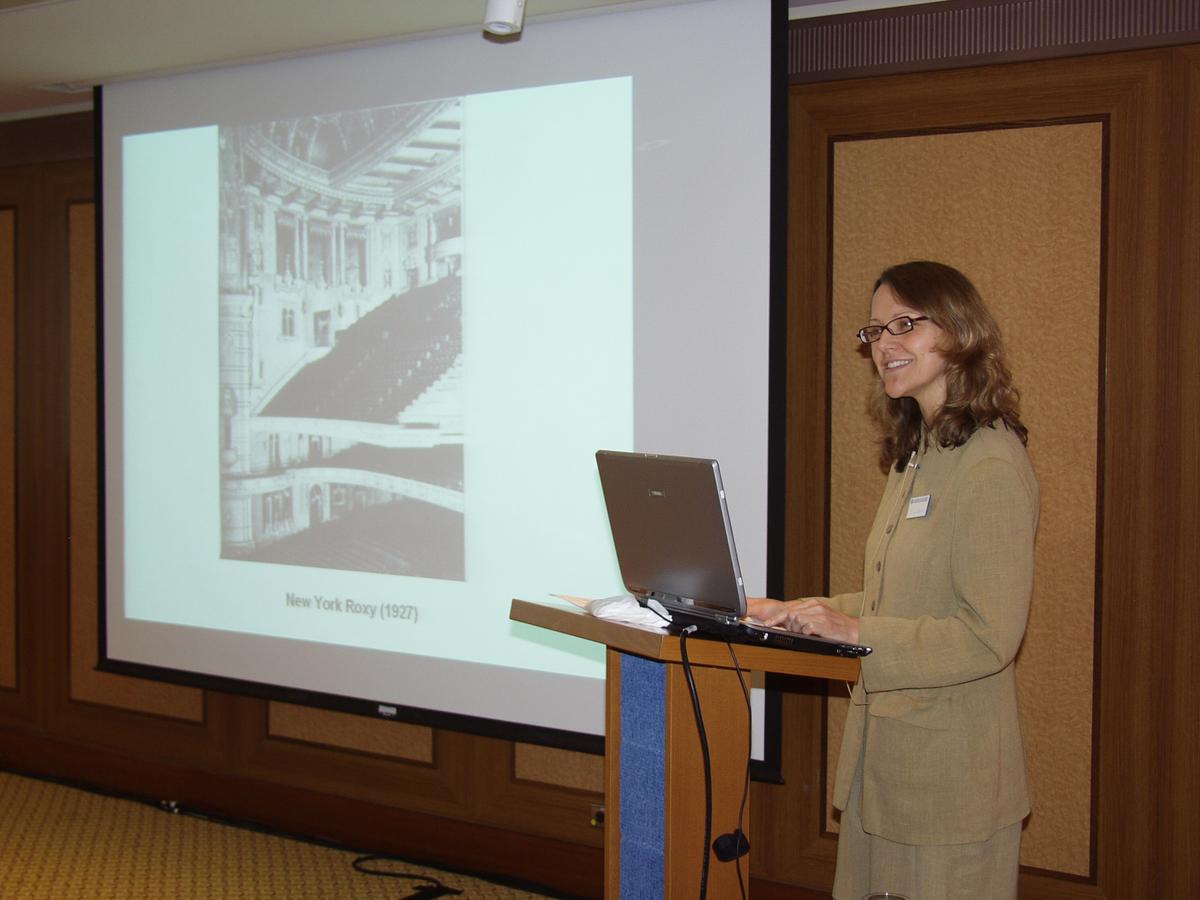Old Girtonian Rubbing Shoulders With Royals
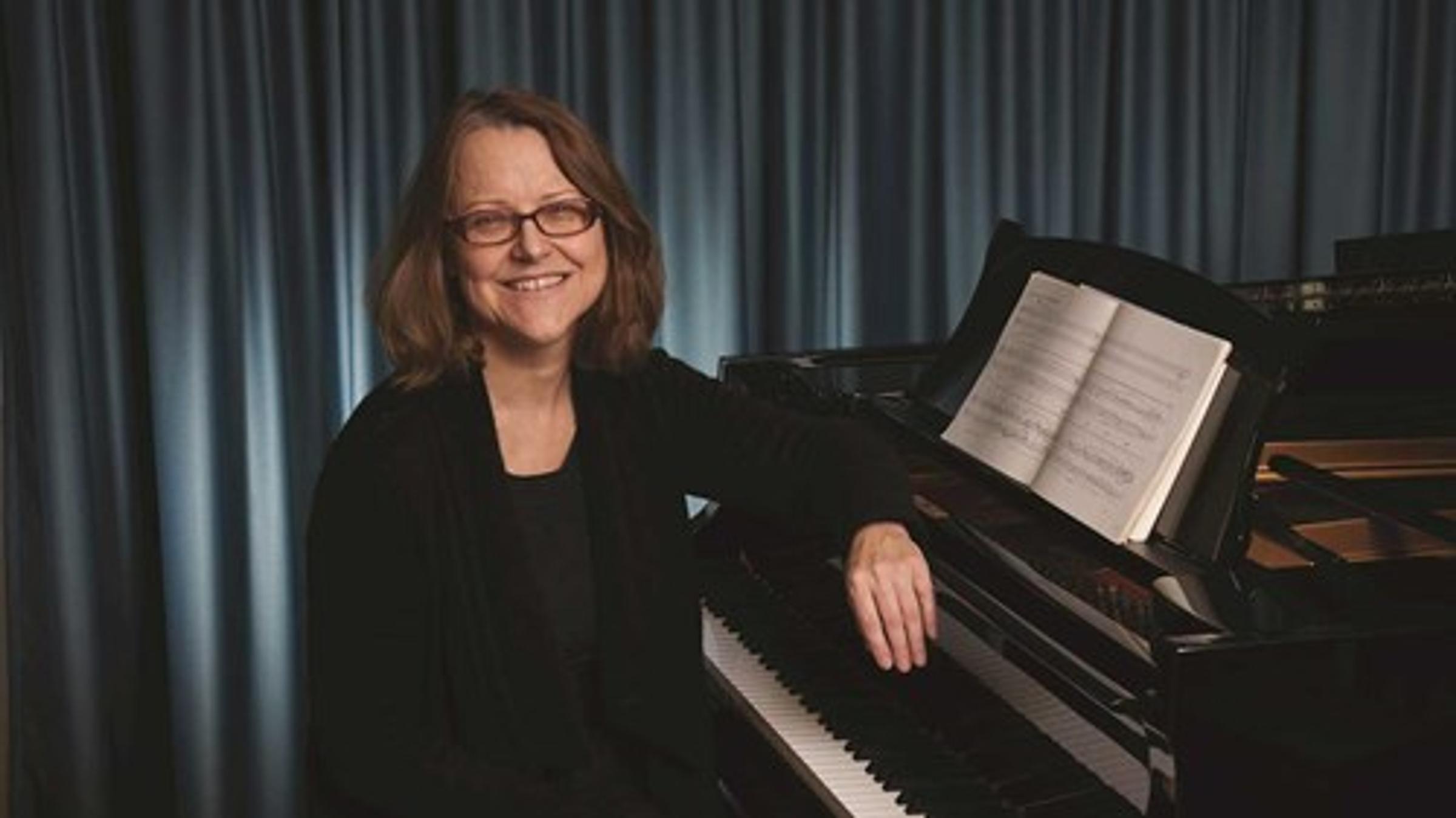
A recent shout-out to Old Girtonians to garner possible interest in sponsorship of Speech Night prizes unearthed a delightful re-acquaintance with Professor Julie Brown, a 1981 Girton graduate. As the recipient of a scholarship that enabled her to complete her education at Girton, and now as a Professor of Music at Royal Holloway, University of London, Julie understands intimately the power of giving.
Julie commenced at Girton in 1974 while in Year 5. It was a time when the entire Junior School operated out of the school hall, which was divided by moveable partitions to accommodate different year levels.
“Grades 5 and 6 were taught together at one end, Grades 3 and 4 in the middle and Prep, 1 and 2 were at the other end.
“I still recall an undies check-in 1974 which was a response to a sports day that had revealed a few pairs of ‘coloured’ undies – shock horror!
“Regulation brown or white knickers were the order of the day, although this requirement seemed to fade by the time we moved into the newly built junior school building,” Julie said.
Despite a strict uniform code, Julie describes Girton as an ecosystem of support and care.
“I greatly respected my French teacher Betty Jenkin who taught senior French.
“Betty was an excellent teacher of grammar and literature and a wonderful teacher-mentor overall who started to pass me detective books by Georges Simenon under the table.
“As I was the first in my immediate (non-bookish) family to finish school, Betty became an inspiration and mentor, and later a friend whom I would visit whenever I returned to Bendigo. She and husband Andrew in turn stayed with me in Southampton after their Jane Austen tour of Hampshire and beyond around 1997-8.
“I’ve long felt that French was one of the most useful things I learned at school, and was lucky to have had excellent teaching from Monica Halleday and Betty, after which I did a further year at university. I’ve used it while travelling, in my research, at conferences, and as the language of communication with my partner’s mother, who has little English but was a professional translator from Czech to French and vice versa,” said Julie, who still reads French today as part of her research, having put down a 1909 issue of early cinema ‘trade paper’ Ciné-Journal to respond to questions for this article.
Julie fondly recalls two other special people at Girton who distinctly shaped her life.
“Diana Cohn who was the Headmaster’s secretary took a special interest in me. Very musical herself, Diana took me under her wing, and became a lifelong friend. We regularly played assembly hymns on two pianos, with Diana always encouraging me to improvise a bit.
“Along with classmate Janet MacKenzie (the Anglican Dean’s daughter) we sang together in the cathedral choir under the choral leadership of organist Stanley Jackson, who was also a Science teacher at Girton. Majorie Somervell led the musicals and choirs at Girton itself.
“Though I appeared in school musicals and sang in the madrigal group, I can honestly say that my formative musical experiences were being encouraged at the piano by Diana and participating in the cathedral choir with ‘Stan the Man’ et al. Diana also largely taught me to drive! I was devastated by the news of her passing two years ago.”
Headmaster Mr Robert Bickerdike, whose son Murray was in Julie’s class was someone that she looked up to. Though at the time Girton was not academically renowned, under the headship of Mr Bickerdike Julie says the school was in very good hands, embodying the values that it encouraged in its students.
“Girton welcomed students who were in various ways different, sometimes on some sort of scholarship.
“I entered secondary school on a major scholarship, but after my father died, I was going to have to leave the school. Mr Bickerdike must have persuaded the college council to come up with a full scholarship to enable me to stay. Being a truck driver’s daughter, I probably wouldn’t have found the community of nurturers who made my future possible without that time at Girton.
“When I was a Research Fellow in Cambridge, (1992-95) I was very pleased to welcome Mr Bickerdike as my guest at a wine tasting evening at Emmanuel College, where we had great fun expelling into the spittoon ludicrously expensive wine pulled up from the considerable college wine cellar. What a journey!”
As a Professor of Music, it comes as little surprise that in her final year at Girton, Julie studied English, General Maths, French, Music A (performance), Music B (history). She recalls studying piano privately.
“I had a succession of elderly teachers in Bendigo; Miss Court, then Miss Gill, then Mrs Leila Watson – the latter for the last couple of years at school.
“I also studied a bit of flute, plus voice with Marjorie Somerville, who was then the Music teacher at Girton. As I was the only one taking Music in Years 11 and 12, the school signed me up to the Correspondence School for both of those years. I still have the Correspondence School notes!
“Already armed with Grade 8 in both Music Theory and Piano[BJ1] , I found remote learning very straightforward, and I suspect it stood me in good stead for my career as both teacher and researcher,” Julie explains.
After graduating from Girton, Julie studied for a Bachelor of Music at Melbourne University, majoring in piano with Max Cooke, but taking one year of voice with Loris Synan. With great humility she acknowledges that she won the Allans Award for best final year pianist that and was awarded a Melbourne University travelling academic scholarship to study at King’s College London (University of London) for a Master of Music (in Music Theory and Analysis) and PhD (on Arnold Schoenberg’s threshold song cycle ‘The Book of the Hanging Gardens’).
As though this level of success was not enough, Julie studied languages.
“I studied German on the side, as well as Czech, the latter with limited success, despite having a Czech partner. Being a Slavic language, Czech is a world away from French and German, which suddenly seem very similar to English. I’ve really struggled with Czech’s seven cases! Understanding them in the abstract is one thing; using them in real time is quite another. Nightmare.”
When asked whether she thought she would end up where she is now, Julie is emphatic.
“It wouldn’t have crossed my mind that I could become a university professor of Music.
“My VCE year was small, one class of about 20 students, and was not academically distinguished. When my VCE results came in, my mother openly expressed her disappointment that I wasn’t going to study Law at Melbourne University. Such a clear statement of parental expectation and disappointment became a burden as I moved ahead, I admit, and during my postgraduate studies I occasionally contemplated converting to Law. I didn’t, and hope I eventually made my mother proud by continuing to advance in my chosen field. I of course understand that with her limited experience she had minimal insight into the huge variety of careers possible. This is why mentors are so important.
“At any rate, I think I would have made a terrible lawyer, though my research on the largely forgotten cultures of silent film sound has led me to think I’d have made a quite good detective! (No, it wasn’t all improvising pianists and cinema organists).
“I also had no idea that I would end up staying abroad. I initially assumed I would return to Australia, marry, have children, etc. however life throws you curveballs, opportunities arise, and suitable jobs where you’d like to be don’t always come up at opportune times.
“The world of Music academe is fairly small, and so particular jobs come up at particular, sometimes inconvenient times!
“My approach to life is to try to make the best decision I can at any given time, and then simply make the best of what follows. Every so often I look back and wonder about the road not taken. What if I HAD converted to Law? What if I HAD accepted that scholarship at Princeton in the United States and done my PhD there? What if I HAD taken one or other job that came up in Australia many years ago? Interesting late-night musings, but I don’t regret anything. I’m someone who tries to look ahead.”
Despite a long and distinguished piano resume, Julie has also had impressive singing experience. While completing her PhD she had a stint singing as part of London Symphony Chorus, the official chorus for London Symphony Orchestra performing regularly at London’s Barbican Hall.
“In addition to singing in concerts there and elsewhere, I participated in several recordings and a couple of tours.
“One memorable tour was around 1990 to a festival in Jerusalem, with Richard Hickox conducting. I remember that one work we sang was Bernstein’s Chichester Psalms - which was terrific fun. We worked with Hickox a lot, because though he was then assistant conductor of LSO, he was especially gifted as a choral conductor. Later we travelled to Athens where we performed Benjamin Britten’s War Requiem as guest chorus of Athens State Orchestra.
“The great thing about singing with the LSO is that you get to sing all the big orchestral choral repertory, and to do so with some of the world’s greatest conductors and soloists, singing at the Proms, and the like. Name a conductor, and I’ve probably sung in LSC under their baton. It was a fabulous time of my life, but I had to leave when I took up my first proper job outside London,”
Julie’s first ‘proper job’ was as Postdoctoral Research Fellow at Emmanuel College Cambridge. Even though sheer weight of tradition and high expectations sometimes made Cambridge an extremely difficult place to be, Julie says it was the making of her.
“I am only thankful that by then Emmanuel based its research fellow appointments entirely upon the submitted research proposal, completed research, and academic references – all of which was on paper and externally assessed.
“I would never have passed the ‘How to eat a star fruit at high table using a knife and fork’ test. Or ‘How to talk about your still-forming research ideas to the Regius Professor of History over lunch’ test.
“It’s worth pointing out that it was an Australian Professor of Mathematics who, as chair of the relevant committee, instituted changes to Emmanuel’s postdoc appointment processes; he had recognised that previous ‘stay overnight and dine in’ based processes were leading to unconscious (even conscious) bias against anyone who hadn’t come to them via the then stereotypical Oxbridge route.
“I was both a cultural outsider (as a country Australian from an unbookish background) and an academic outsider (from a university other than Oxford or Cambridge).
“Having somehow survived those three years, I was offered a 3-year post as college lecturer in Music at St Peter’s College Oxford, but decided to accept a permanent lectureship at University of Southampton, which was an extremely go-ahead department at the time.
“I loved it there; it’s where I became aware that one could pursue research about film music and popular music, not just ‘art music’. It was then still early days in the opening up of music curricula and research.
“At the beginning of 1999 I moved to London and Royal Holloway, originally a women’s college but still part of the University of London. There I’ve progressed through academic promotions to Professor of Music, and recently served a term as Head of Department. In the UK, Head of Department terms are typically 3 years, followed by a period of ‘research leave’ to catch up.
“As an academic, I do three main things: lecturing/teaching/mentoring students; research (lots of research, writing, conference presentations, publishing, and contributing to the wider professional research field); and academic administration and management (in the UK we have much more of this than in the US, or continental Europe).
“I started out as a specialist of early twentieth-century concert music, but these days teach mainly media and screen music, which is where my research is now focussed.”
Julie has published two single-authored research books about Schoenberg and Bartók, served as contributing editor of three further books (one of which, about Western Music and Race won a prize from the American Musicological Society), published many articles and book chapters, and also spent a great deal of time reconstituting original accompaniments for silent films. One such recreation had its only live performance since 1924 at the British Silent Film Festival. Another appears as an ‘extra’ on the British Film Institute DVD/BluRay of The Epic of Everest, a 1924 film of the expedition to Mount Everest during which Mallory and Irvine famously failed to reach the summit and died.
“I’m especially proud of my published work on silent film, which is ongoing. Research into the real sound and music practices in cinemas during the ‘silent era’ is still in its early days, partly because it is so challenging. All film accompaniment at the time was ephemeral, which means that we often only have access to ‘best practice’ advice in film trade papers (but what were the other 98% of others doing?), or library music (which is a bit like examining a pantry of food, with only a very rough idea about what people did with it), or advertisements for machinery that has since disappeared. And even if I find an original score of some sort, it may only have been used for one ‘run’ of the film in one particular location in one country.
“Moreover, the film print itself may not survive; alternatively, if a print does survive it might be quite different to the film for which the score was constructed; films were routinely cut, edited, reordered by individual cinema managers during the silent era; they were also projected at highly varied speeds.
“If a score survives, it too might have been heavily edited for subsequent performances with shortened or re-ordered versions of the film. All of this makes approximating a resynchronisation of ‘original’ music difficult. To be honest, given all these unknowns, my research has more in common with that of my colleagues in Medieval Music studies than with anything else in musicology!”
Professional accomplishments aside, Julie’s private life is rich beyond measure and reads like a fairy-tale from the vantage point of faraway Australia. She is still with the Czech partner for whom she tried to master the language many years ago.
“My partner Štepán, with whom I have been for nearly twenty years, is from Brno, Czech Republic, about 1.5 hours by train from Vienna and Bratislava and 2.5 hours from Prague.
“We are fortunate to have a lovely apartment close to the ‘old town’ of Brno, and (pre-pandemic) freely split our lives between UK (term time) and Brno (term breaks and summer).
“The list of famous Central Europeans whom you thought were from Vienna but were actually raised in Brno is long. We are especially proud that our apartment is the very one in which logician, mathematician, and philosopher Kurt Gödel was born and raised until 12 years old – though we didn’t know this until well after we’d moved in. (When their son was 12, the Gödel family moved to a villa around the corner, before Gödel went to study in Vienna, after which the rest is history).
“I’ve done a fair amount of travelling, though mainly to speak at conferences and other universities. Once the marking of student work is done, term breaks are always filled with research obligations.
“It’s a myth that university academics have long ‘holidays’. Most I know take no holidays! I’d like to travel more for pleasure. When I retire, perhaps,”
Apart from Cambridge and Southampton for three years each, Julie has lived in London for most of her time in the UK. In 2013 she tried living close to Royal Holloway by renting a flat at nearby Cumberland Lodge.
“Cumberland Lodge is a stately home in the middle of Windsor Park and our stay there turned into an amazing life experience.
“Originally the Lodge of Windsor Park rangers, Cumberland Lodge takes its name from the Duke of Cumberland, ranger from 1746. Later it was used by the Royal Family itself, with Queen Victoria’s daughter Princess Helena and husband Prince Christian the last to live there.
“After WW2 the Queen Mother (or rather her husband King George VI) granted Cumberland Lodge to a new educational foundation, in whose hands it remains; though under the umbrella of the Crown Estate, Cumberland Lodge still hosts conferences and public lectures (not very public, in reality) about matters social and ethical.
“We lived within the grounds, but next to the ‘Lodge’ itself, in what was probably a converted barn or carriage house. I still had the pleasure each night after work of driving into Windsor Park, having the huge wooden gates open automatically for my car, parking next to the stately home, then walking down the cobbled path to my stairwell – all while looking out over the park.
“Come Spring, on Saturdays we might hear a car horn sounding, and go out to find the Windsor Carriage Driving Association holding ‘carriage dressage’ or ‘cone driving’ (essentially an obstacle course using traffic cones!) on the lawn behind the Lodge. During the Ascot season, if you happened to be walking near Duke’s Lane, which runs through the park, you might stumble upon the Queen’s entourage – usually several horse-driven carriages – driving through the park from Windsor Castle to the Racecourse in Ascot.
“Beautifully kept sandy bridle paths with hand-painted signs are dotted throughout the park, and pink crenelated buildings signalled that the Head of some Crown Estate department lives within. Living there was like playing a bit part in Downton Abbey.
“During that time my partner and I also walked every square centimeter of the park hundreds of times – from the Winter Gardens/Virginia Water corner, to the polo fields, to the ‘village’ part (where hilarious Liverpudlian Alan ran the tiny convenience store for park residents), through the deer park, and ‘Bears Rails’. There were downsides, however: we had a rolling one year tenancy, with the charity always potentially needing the apartment the following year; there was no acoustic insulation between us and the apartment below, though that was only rarely a problem. And of course, Prince Andrew was the nearest neighbour in Royal Lodge – Budgie the helicopter came and went regularly during Ascot season – which proves that you can’t have everything. Still, I wouldn’t have missed those 5 ½ years for anything.”
Having fallen in love with Windsor Great Park, Julie has recently moved from London into a house in Old Windsor, which is a few minutes bicycle ride into Windsor itself.
“We’re nestled between the Thames and the Park. As a teenager I rode horses, and this is something I’ve taken up again in the Park, riding with a stable just outside the park. I can’t imagine a more beautiful place to ride than in this picture-book location, where at almost every turn you can look down towards Windsor Castle. Magical.”
Other life experiences that Julie describes include daily lectures about film music on the Queen Mary 2, on the 5-day passage from New York to Southampton.
“I was one of a group of ‘Oxford Lecturers’ on the ship offering short courses in various fields. The great detective novelist P.D. James was in the same group, so I had dinner with her and her daughter.”
Julie asks if meeting the Royal’s counts as another ‘life experience’.
“I briefly said hello to Princess Diana who passed through Cambridge to lay the foundation stone of a new building (on which hangs, in perpetuity, a huge marble plaque with my name etched upon it, along with those of all other fellows at the time). I only observed the Queen from afar when she was there to open the building.
“I did however have a brief one-to-one conversation with the Queen about my research on 14 March 2014 when she visited Royal Holloway to bestow upon it a coveted Regius Professorship.
“This was the first Regius Professorship in Music ever, and had been created on the basis of my department’s collective research. HRH The Queen and the Duke of Edinburgh visited, and being the producers of said research, I and my Music academic colleagues were the first presented to her.
“She walked down the line-up, and was introduced to each of us in turn. The official advice was that she should initiate any conversation; that’s all well and good, however the Queen is not known for her interest in or knowledge about music, so it was pretty hard work, and I admit I did help her out a bit. I briefly regaled her with a bit of chat about British silent film music! (I suspect that was a first for her!)
“During that encounter, I was strongly struck by her professionalism – her extraordinary concentration, or at least impression of concentration. She held each person’s gaze as intensely as she could; no-one could complain that she was only half-present, or looked bored. She also wore a fixed smile the entire time.
“Of course, she does all this because cameras capture every moment of such events, and having a grumpy resting face (don’t we all?) she doesn’t want a photo to be published in the tabloids and captioned ‘Queen clearly grumpy and bored at meeting music scholars.’ Whatever your views about the Royal Family, I can attest to the Queen’s thorough professionalism in making any person she meets remember that briefest of brief encounters.”
Julie can attest to more tenuous Royal encounters which are inevitable when living around Windsor.
“One Sunday morning in 2015 I was horse riding with a group in the park, when we spotted a huge Bentley driving towards us on the internal asphalt road; the Queen was at the wheel, dressed head to toe in yellow (including a hat); the Duke of Edinburgh was in the passenger seat; one security person sat in the back seat.
“We waved, but she gripped the wheel and drove past. By preference she attends Sunday chapel at the private chapel in the grounds of Royal Lodge in Windsor Park, which she can drive to on her own private road through the park (from Windsor Castle, up the Long Walk, then left at the Copper Horse).
“Until recently, the Duke of Edinburgh occasionally drove around on a little horse and carriage, and Prince Andrew is still regularly to be seen driving his 4-wheel drive en route to or from Royal Lodge and Windsor Castle. He’s a tad grounded these days, of course.
“I’ve twice spotted the Queen wearing cardie and head scarf as a private citizen at the Windsor Horse Show, which she hosts in the ‘home park’ of the castle.
“And then there was Harry’s wedding, though admittedly on that occasion we mainly saw a few horse rears from the back of a crowd. And of course Anne, the Princess Royal, has long been Chancellor of the University of London, so one occasionally attends events over which she presides.
“Anyone would think I’m a royalist, which I’m not really. My place of work just happens to be a short walk from Windsor Park, and I now live close to my place of work! You can’t really help bumping into Royals or Royal events because so many of them live around here.
“Personally, I feel very much a ‘citizen of the world’. It’s either that, or ‘thrice homeless’, as Gustav Mahler once described himself. I prefer the former.
“I’m Australian, and but now also British and little bit Czech, though I feel mainly Australian.
“In each country I’m an outsider – including in Australia today. I try not to think in these terms, but rather to think of the interesting life experiences I’ve had, and of the privileged perspective that being an outsider affords,” Julie said.

